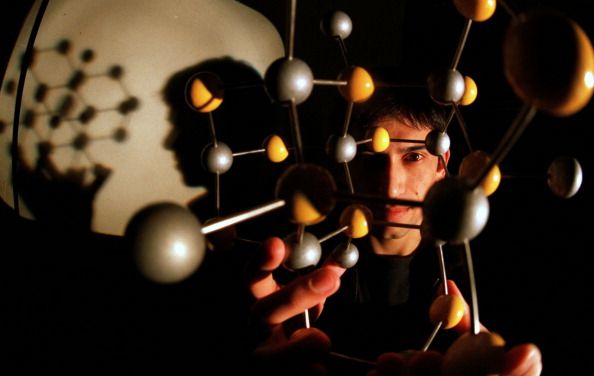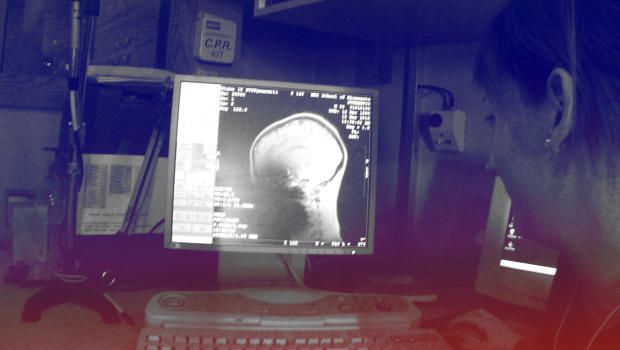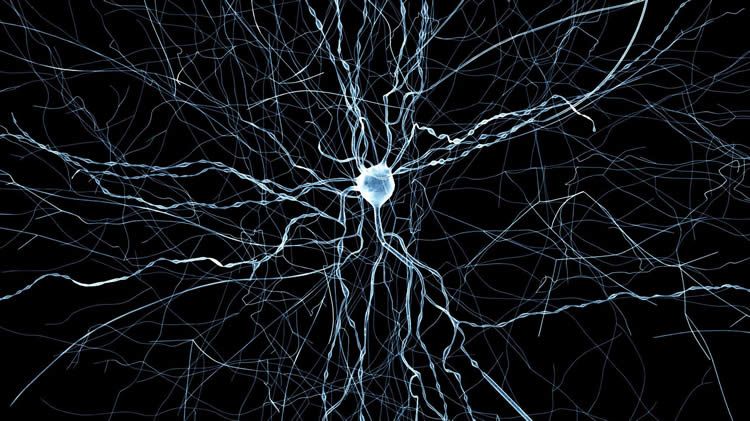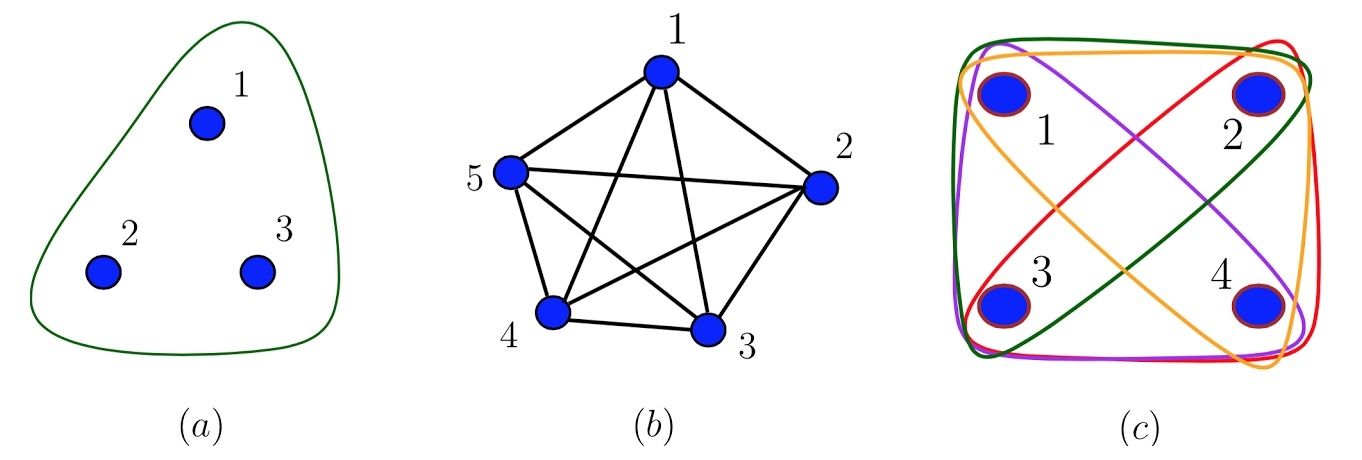Mar 5, 2016
China looks to ramp up Internet growth, and its controls
Posted by Karen Hurst in categories: computing, encryption, government, internet, quantum physics
Something for everyone to keep a closer eye on in the coming year/s — And, they are indeed well on their way with Quantum and their partnership with Australia. Australia (as we recall) has been the one country outside the US and Canada that has made incredible progress in Quantum Computing especially introducing in Nov 2015 their discovery in developing a machine language for the Quantum platform.
BEIJING (AP) — China’s government has highlighted big data, encryption technology and “core technologies” such as semiconductors as the key elements of its push to grow into a tech powerhouse, according to a new five-year plan released Saturday that envisages the Internet as a major source of growth as well as a potential risk.

















